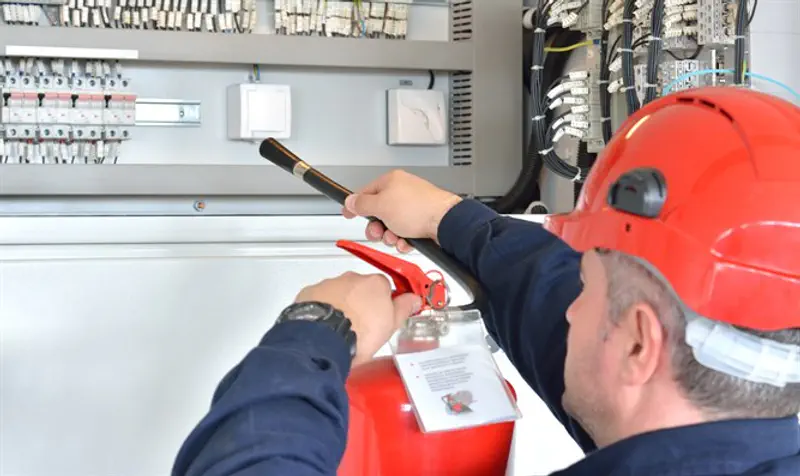
The Knesset Economics Committee, the Energy Ministry, and the Electricity Authority signed an agreement to regulate production and sale of kosher electricity for use on the Sabbath in an automated process without human contact as part of implementing electricity and community production reform.
In discussions held by the Economics Committee on privatizing the electricity sector, MK Yaakov Asher (United Torah Judaism) demanded a solution be found within the reform framework for producing and selling Shabbat electricity, and even delayed by means of a revision he submitted for the Electricity Reform Committee's approval until signing the kosher electricity regulation.
The agreement states the Electricity Authority recognizes the need to provide solutions for supplying electricity to various populations to ensure the nature of service provided them will be optimal and in accordance with their unique needs.
"The issue of supplying kosher electricity (that is, supplying electricity produced by automation without human contact and divided by an autonomous network disconnected from the grid during the rest period) for the population choosing to use this service has been examined for some time and recently practical solutions began to be developed that may enable supply of kosher electricity as safely and cheaply as possible."
Like any dedicated service, this service will also be based on the principle that service consumers will be the ones to bear the cost, not electricity consumers in general.

In addition, the Electricity Authority announced that in accordance with an agreement with Economics Committee Chairman MK Eitan Cabel, Deputy Finance Minister MK Yitzhak Cohen, Finance Committee Chairman MK Moshe Gafni, MK Yaakov Asher, and MK Michael Malkieli, the Authority will work in cooperation with the parties interested in this service to formulate a basket of solutions to enable provision of a kosher electricity service to interested consumers.
Among solutions mentioned in the document were:
- Integrating the distribution network into existing gas production facilities systems - regulation will enable integrating manufacturing facilities in the distribution network under specific economic conditions;
- Examining compensating within the regulation framework to allow establishing domestic gas production facilities (over 16MW), which will enable suitable responses to population concentrations of electricity consumers as well. The regulatory review will take place within 18 months;
- Examining regulating installation of batteries and solar panels in kosher electricity consumers' homes, including consideration of end-user costs, tools required for safe use of this equipment, and design aspects;
- Examining the possibility of establishing battery accumulators in proximity to consumers, possibly in conjunction with pilot production facilities;
- In addition, the Electricity Authority undertook that other solutions will be examined and implemented, as required, by way of adjustments in future arrangements.
The Knesset plenum is expected today to approve the outline and proposed reform in second and third readings.
